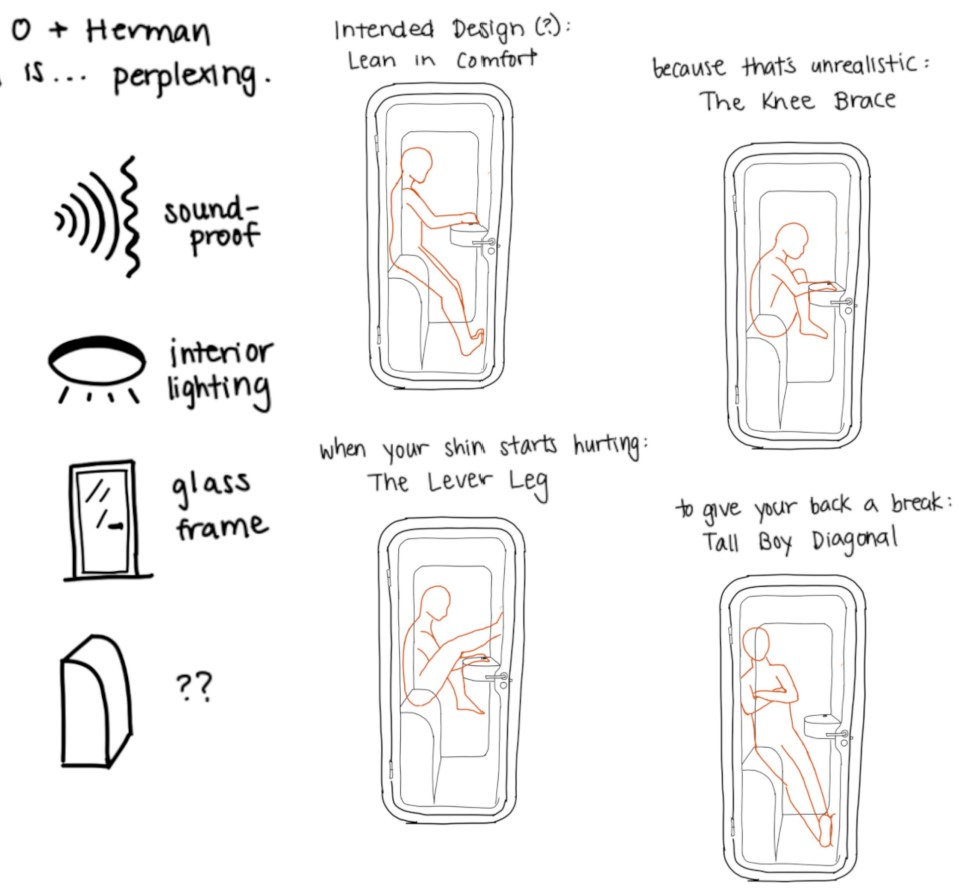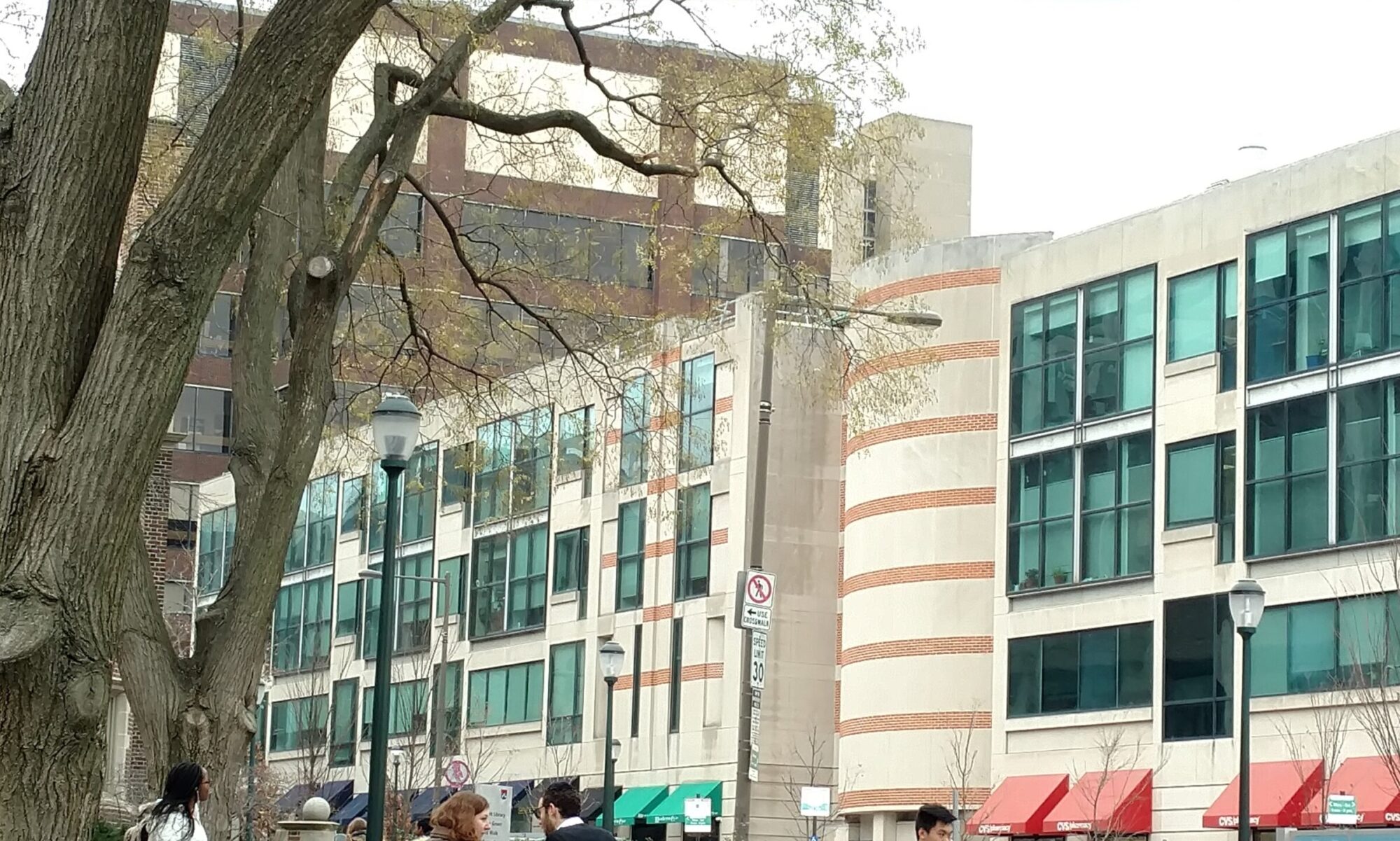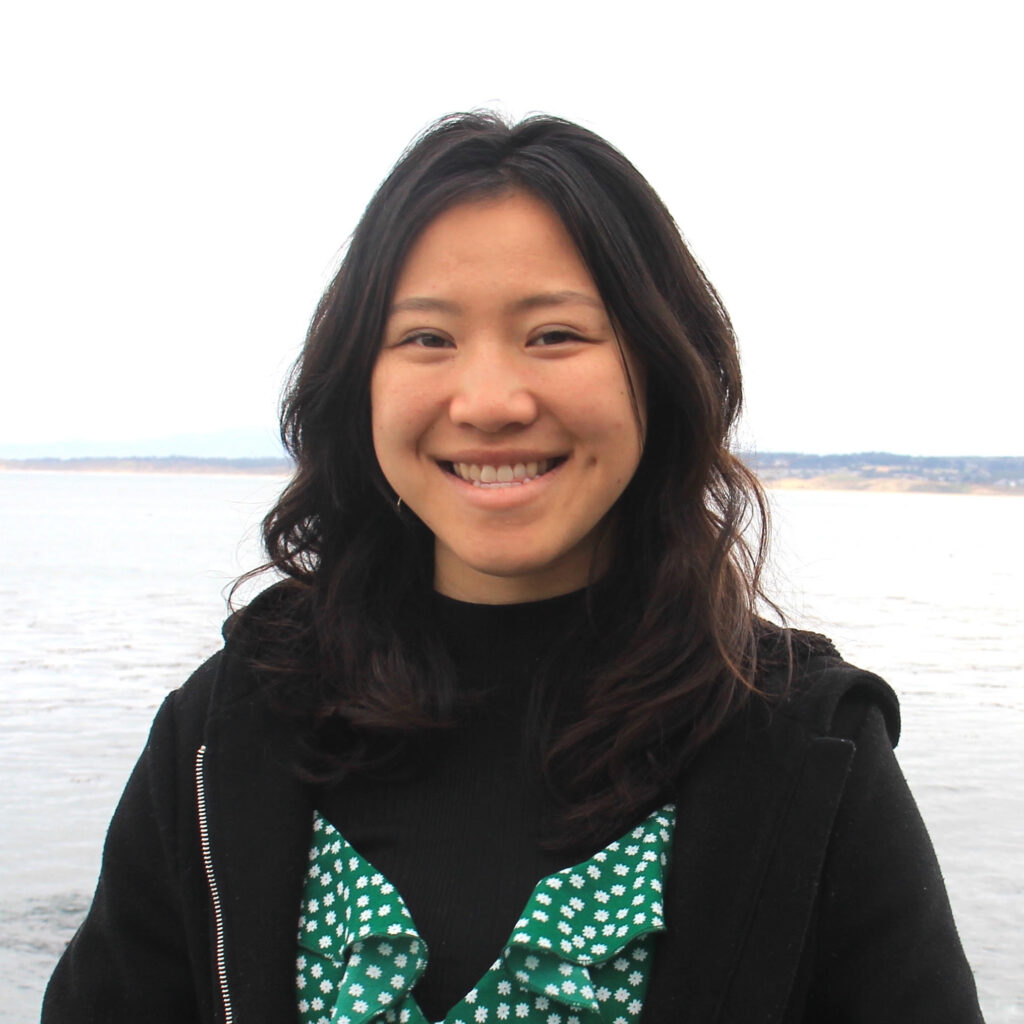
Celine Lee joined the Cognitive Computation Group as an undergraduate/masters student researcher in 2019 and graduated from Penn in 2020. She is now a PhD candidate at Cornell Tech. Celine explores questions in structured language, particularly problems in programming language semantics and reasoning.
Hi, Celine! Please tell me where you’re living and what you’re doing these days.
I live in New York City, working on my PhD at Cornell Tech, the campus on Roosevelt Island.
What are the most rewarding things about your current work?
The most fun thing about research is how big the search space of problems is. I get to spend every day thinking about where the interesting open problems are, then talking and working with some of the brightest minds in the field to devise experiments to address them. Most days don’t look the same, because I can’t predict what the path to the solution exactly looks like.
The most surprising?
Something that still surprises me every day is how small this community really is. I’ll meet a friend of a friend or join some colleagues for lunch, and suddenly I’m putting all these new faces to the names on papers that I have been reading for years. And everyone is so excited to talk about what we’re all obsessed with: our shared research interests!
That’s great! I remember your passion for research from your work with us at Penn. How did you originally get involved with the group? I remember you participated in the Google Explore Research program in early 2020.
This is correct! I started working with Dan after taking his machine learning course, then got involved with the Google Explore Program soon after.
How connected is your work now with what you did in our group?
At CCG, I was working on semantic role labeling systems. Now I’m continuing my work on structured language tasks, but the grammar is that of computer programming languages. The tension of the differing levels of ambiguity between natural language and high level programming languages down the compute stack to compiler IRs all the way to bits leads to interesting questions about correctness, scalability, and adaptability of automatic programming systems.
What are your thoughts about the state of AI?
Many brilliant people are asking and answering many questions that make computers more adept than I ever imagined possible. I was skeptical at first, then a bit scared, then ultimately excited because now I have more powerful tooling to think bigger– tackle some crazier ideas.
That does sound exciting!
I know you also parlay your varied interests into creative work alongside your academic work. Will you talk a bit about your writing?
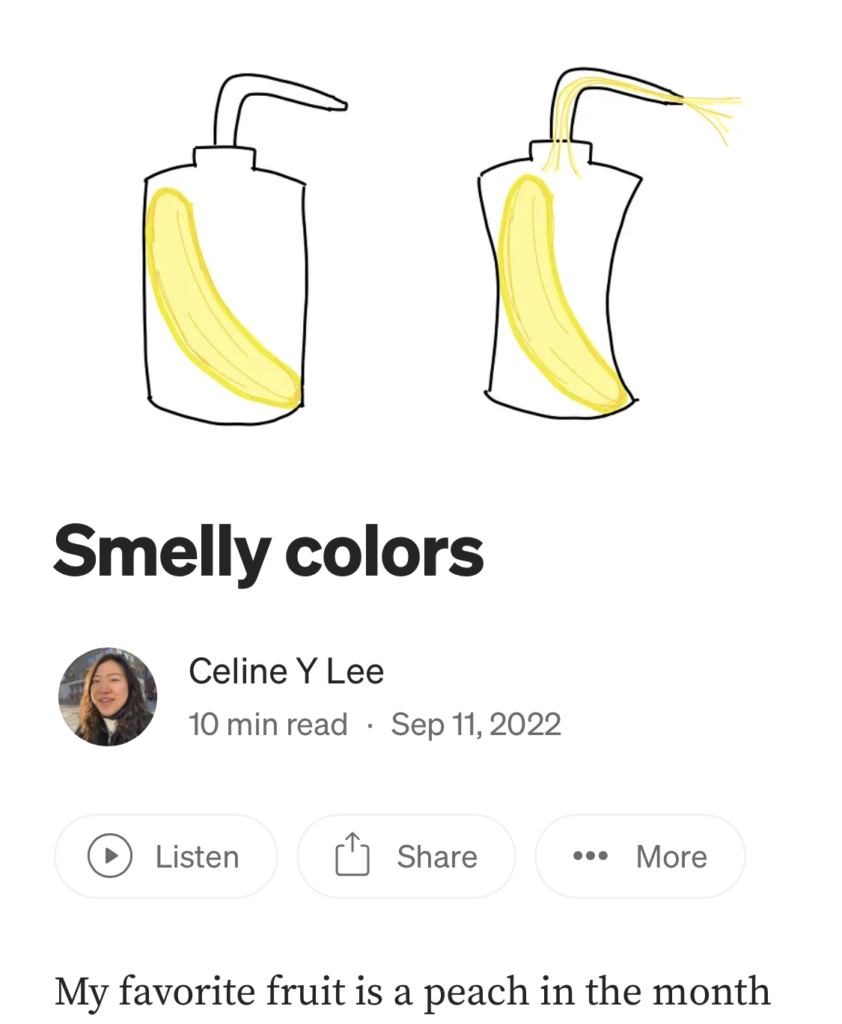
Over the pandemic, I found myself with an unprecedented abundance of time to explore topics only barely related to my work. This coincided with my increasing involvement with NLP research, through which I (1) learned a structured methodology for asking and answering questions, and (2) became extra interested in language. So I wrote and put out my first few blog posts, which turned out to be surprisingly super fun.
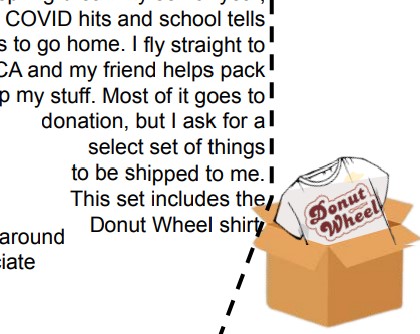
Fast forward through the the past few years, and this hobby has spiraled out into various formats– academically-leaning blog posts, short and silly illustrated zines, personal musings and essays… Side benefit of writing as a personal creative endeavor: writing papers for work is much less intimidating now.
We have a number of undergrad and master’s students joining us as interns this summer. Any advice or thoughts about working with the group?
I have two primary pieces of advice. One is that Professor Roth’s expertise and experience make not only him one of the best people you could work with and learn from, but also all the other people around you in the lab. It would be wise to talk to everyone and learn their specialties so that you can maximize your surrounding resources.
The other piece of advice is to practice storytelling as much as possible– who are you as a researcher? Why is your work a compelling piece of science in todays massive volume of NLP work? I think you should be able to convince someone who isn’t personally invested in you but is interested in machine learning to root for your success.
That’s excellent advice. Thank you so much for this interview!
To learn more about Celine’s research and creative pursuits, please visit her website.
